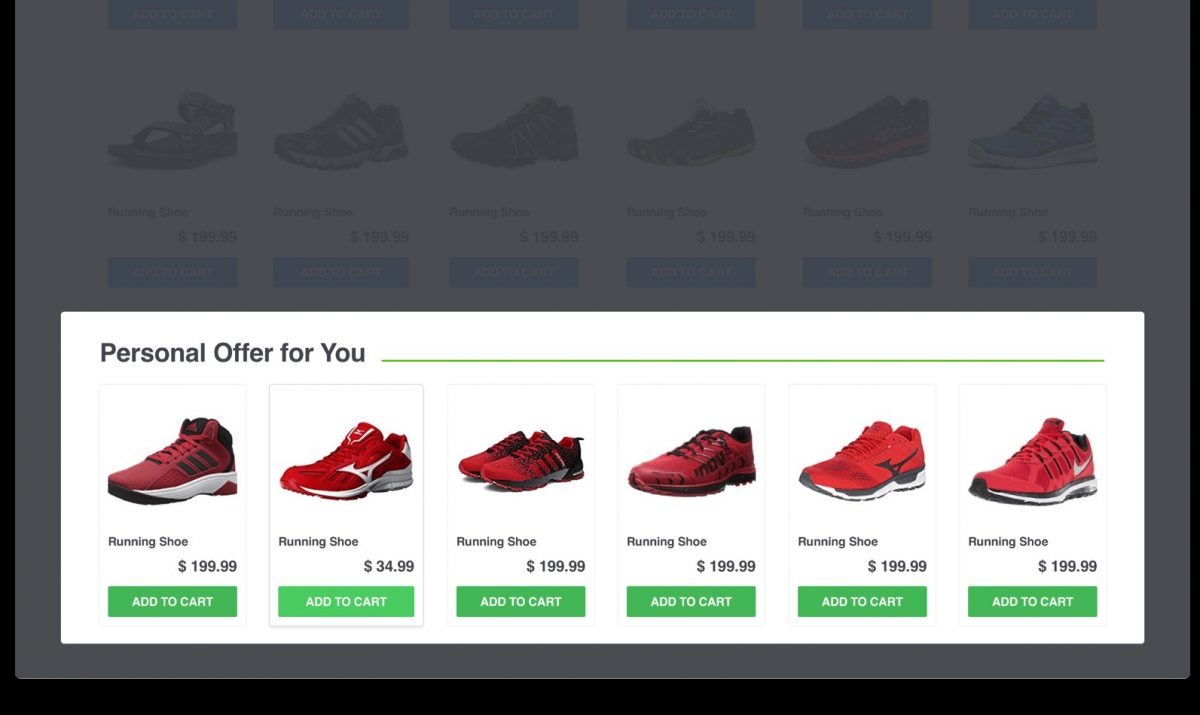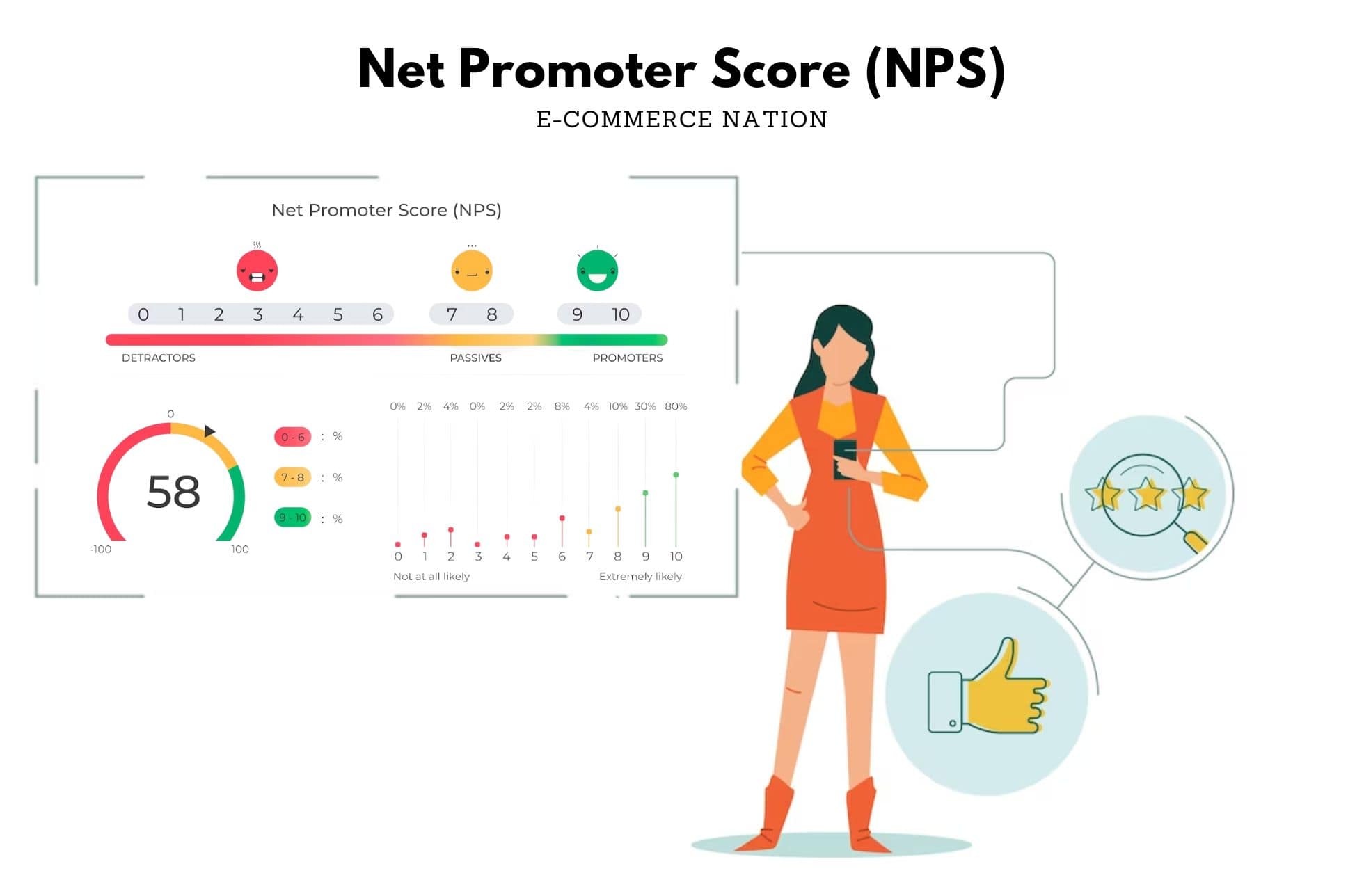In the past few years personalization with Big Data became the number one choice the giant online retailers. Their huge traffic produces enough data for analysis. As for averages businesses which have significantly less visitors, less than 30,000 unique visitors per day, Big Data is not able to generate such adapted results.
However new features now exist that aims to bridge the gap: REES46 has developed its high-precision type of personalization not requiring Big Data. With their Progressive Personalization, you will now be able to supply your customers with very high targeted recommendations, without needing huge amounts of traffic or years of development experience.
Download the White Paper Now
Big Data is not always the answer
On a regular basis, Big Data-driven personalization makes recommendations based on what most people do on the website, not paying attention to important characteristics of what that particular customer is really looking for. Obviously, this might not be as personalized as intended.
This process usually looks like this :
- Your visitor is reviewing the details of this winter coat
- 18,250 other shoppers visited exactly the same product page
- 1156 of these shoppers reviewed the details of this one pair of gloves
- Then there is certain probability your actual visitor will show some interest in these gloves as well (why wouldn’t they after all?)
Even if such an approach can work for giant online stores (even though it is a powerful marketing tool that can be imprecise), it is not useful for mid-sized ones, due to the lack of data available. Until the customer database has collected enough of it, nothing will happen.
Besides, big data only takes into account the behavior of the majority (which is considered around 70% of users). But it doesn’t look further, like into specifics concerning the customer’s current situation: hair type and condition, or what brands they tend to prefer. What will you do for the other 30% of your users, who get recommendations that aren’t relevant at all? Those recommendations probably won’t lead to a purchase, which is 30% of your conversion out the window.
Mid-sized online retailers rely on the fact that each customer will spend as much as possible in order to grow and can’t afford ineffective recommendations. So far the only technology available to mid-sized online store possessing less data than required for big data implementation, was a poor substitution: the 1:1 Personalization. Which is highly ineffective since recommendations are only based on the very first action of the visitor on your website.
The Progressive Personalization revolution
Each retail segment contains simple but important details leading to the purchase decision:
- Apparel: What are your customer’s gender, size, and brand preferences?
- Cosmetics & Beauty: Does your customer have any allergies? What is your customers skin and hair type? Does their hair or skin have a different condition than normal?
- Jewelry: What is your customer’s finger and wrist size? How does that differ in your recommendation by gender?
- Pet Products: What kind of pet does your customer have? What’s the breed and size of the pet? How old is the pet?
- Baby & Children: What is the age and gender of the child?
Progressive Personalization is now capable of analyzing those important details. Plus, its mechanics are very clear and can hold in simple Excel tables. Outside of the browsing history, pre-purchase and purchase history analysis, Progressive Personalization is capable of determining let’s say the gender of the visitor after its first few actions, and will show relevant recommendations immediately from the beginning of your customer’s journey on your website.
Progressive Personalization at a glance:
● Doesn’t require high traffic (usable for online stores which daily traffic is 30,000 or less unique visitors)
● Starts working as soon as your visitor lands on the site (about 2 clicks needed)
● Based upon the individual features of each shoppers
● Designed to adapt to each retail segments details
Progressive Personalization provides high results and adequate performance, whether it is used on its own or combined with Big Data. In both cases, Progressive Personalization will bring more visibility, superior conversion rate, increase the average basket, and more KPIs to your online store.
But how will you organize your e-commerce product catalog so it can work with Progressive Personalization? How will you implement Progressive Personalization into your product recommendations? Check out the new white paper by REES46 for all the info:
Click to Download the White Paper on Progressive Personalization





